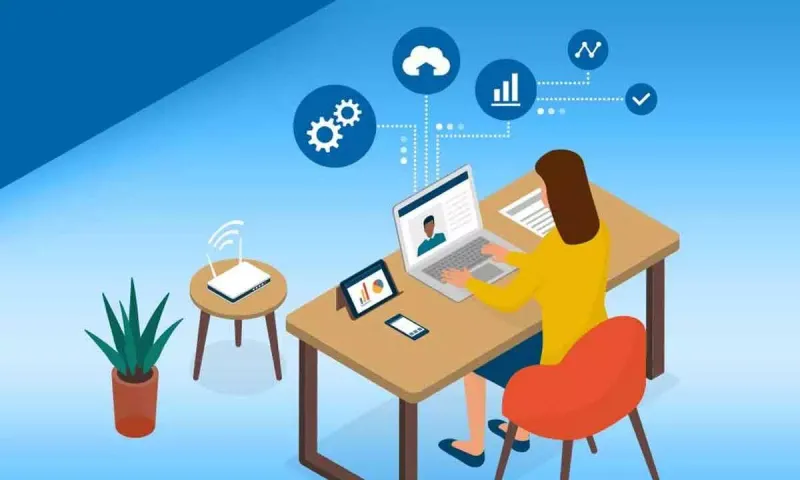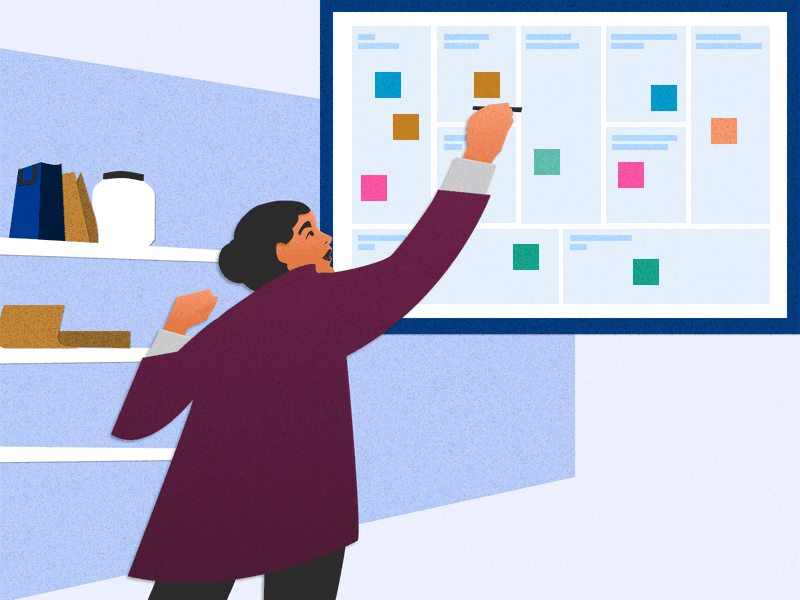In today’s fast-paced world, the mantra “work smarter, not harder” has become more relevant than ever. As technology continues to evolve, people are finding innovative ways to accomplish tasks more efficiently and effectively. This shift is not just about doing less but doing more with less.
It’s about leveraging tools, strategies, and mindsets that enhance productivity while maintaining or even improving quality. Whether it’s through automation, better time management, or fostering a balanced work-life integration, people are reimagining how they work to better fit a modern lifestyle. Here are seven compelling reasons why this transformation is occurring.
1. Leveraging Technology

Technology is a game-changer in working smarter. With advanced tools like artificial intelligence and machine learning, tasks that once took hours can be completed in minutes. Imagine automating your routine tasks, having a digital assistant schedule your meetings, or even using algorithms to analyze data.
These technological innovations free up time for more creative and strategic thinking. By embracing these tools, people can focus on what truly matters: driving innovation and making impactful decisions. The digital age has redefined efficiency, transforming how we approach work with a smarter mindset.
Embrace technology to revolutionize your work life.
2. Flexible Work Arrangements

The traditional 9-to-5 work model is being replaced by flexible work arrangements. With remote work and flexible hours, employees can tailor their schedules to fit their personal lives better. This flexibility leads to increased job satisfaction and productivity.
No longer bound by office walls, people can work from anywhere, whether it’s a peaceful home office or a bustling café. This approach not only boosts morale but also reduces burnout. Employees can now integrate work into their lives, rather than living around work, fostering a more balanced lifestyle.
3. Focus on Results, Not Hours

The shift from monitoring hours to valuing results is crucial in working smarter. Companies now recognize that productivity isn’t about the number of hours spent at a desk but about the quality of work produced.
This results-oriented mindset encourages employees to concentrate on delivering excellent outcomes. It promotes efficiency and effectiveness, allowing teams to innovate without the pressure of clock-watching.
By valuing results over time spent, organizations cultivate a culture of trust and empowerment, motivating employees to excel and think creatively.
4. Continuous Learning and Adaptability

In today’s rapidly changing work environment, continuous learning is paramount. Professionals must adapt by acquiring new skills and knowledge. Online courses, workshops, and self-study enable individuals to stay relevant and competitive.
This commitment to lifelong learning fosters innovation, allowing people to implement fresh ideas and techniques. Adaptability ensures that employees can navigate challenges and seize opportunities, leading to smarter decision-making.
Embracing a learning mindset transforms work into a dynamic journey, keeping individuals ahead in an ever-evolving landscape.
5. Collaboration and Communication Tools

Effective collaboration is at the heart of working smarter. Digital tools like Slack, Zoom, and Trello facilitate seamless communication and project management. These platforms break down geographical barriers, enabling real-time collaboration among team members.
Through these tools, ideas flow freely, and project updates are instant. Teams can work cohesively, regardless of location, enhancing productivity and innovation.
By leveraging these technologies, organizations create a more connected and efficient work environment, driving success through smart teamwork.
6. Prioritizing Well-being and Mental Health

Recognizing the importance of mental health is a key reason people are working smarter. Companies are integrating wellness programs, encouraging breaks, and promoting a healthy work-life balance.
When employees’ well-being is prioritized, they are more focused, creative, and productive. Mindfulness practices and mental health days contribute to a more resilient workforce.
By fostering a supportive environment, organizations help employees thrive, leading to smarter working habits and sustainable success.
7. Embracing Minimalism and Focused Work

Minimalism in workspaces promotes clear thinking and focus. By reducing clutter, both physically and mentally, employees can concentrate better on tasks at hand. This approach removes distractions, allowing for deeper engagement with work.
Focused work sessions enable individuals to achieve more in less time, emphasizing quality over quantity. The minimalist philosophy isn’t just about organization; it’s about prioritizing what truly adds value.
By adopting minimalism, people can streamline their efforts, working smarter and achieving more meaningful outcomes.

Well, hello there!
My name is Jennifer. Besides being an orthodontist, I am a mother to 3 playful boys. In this motherhood journey, I can say I will never know everything. That’s why I always strive to read a lot, and that’s why I started writing about all the smithereens I came across so that you can have everything in one place! Enjoy and stay positive; you’ve got this!

